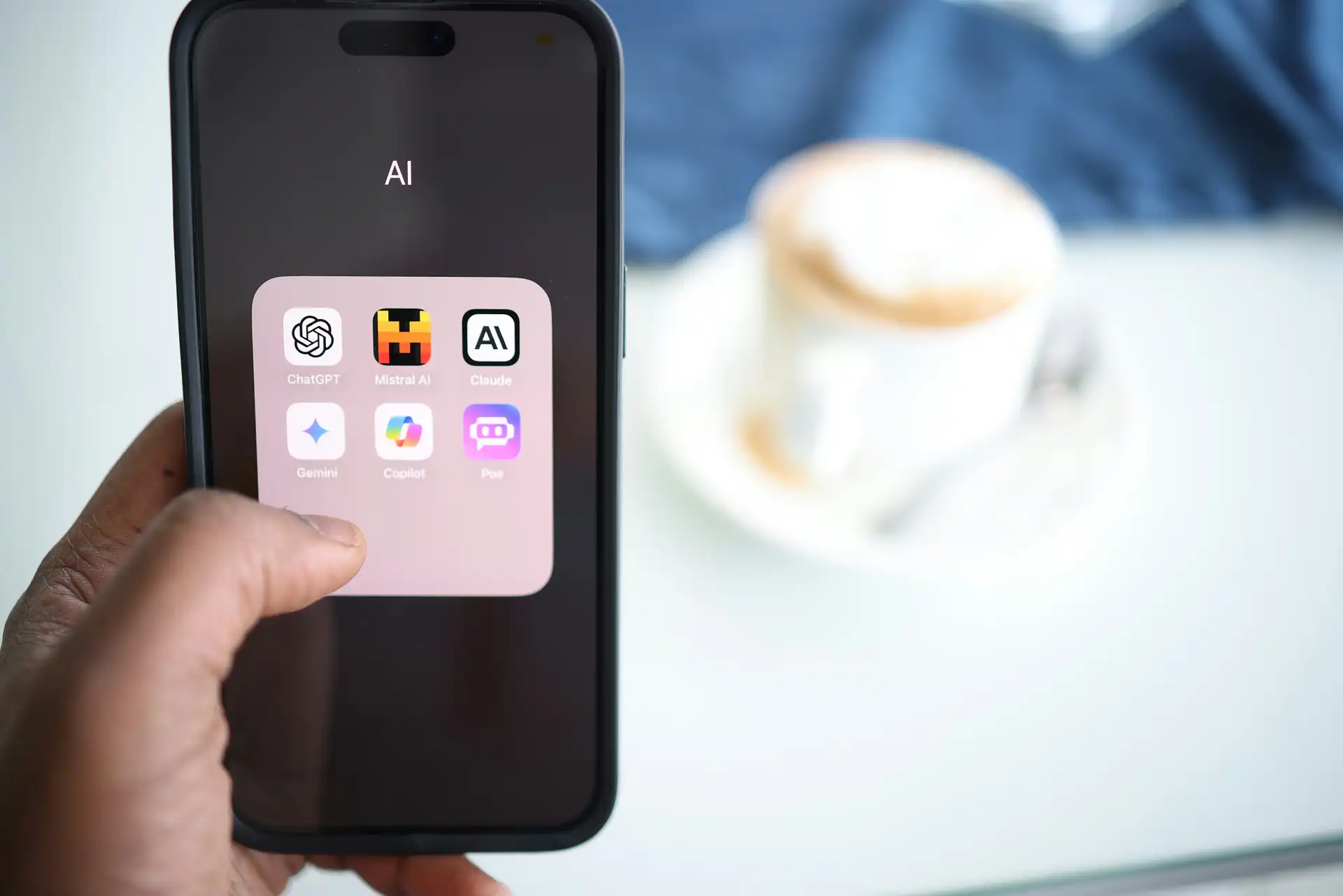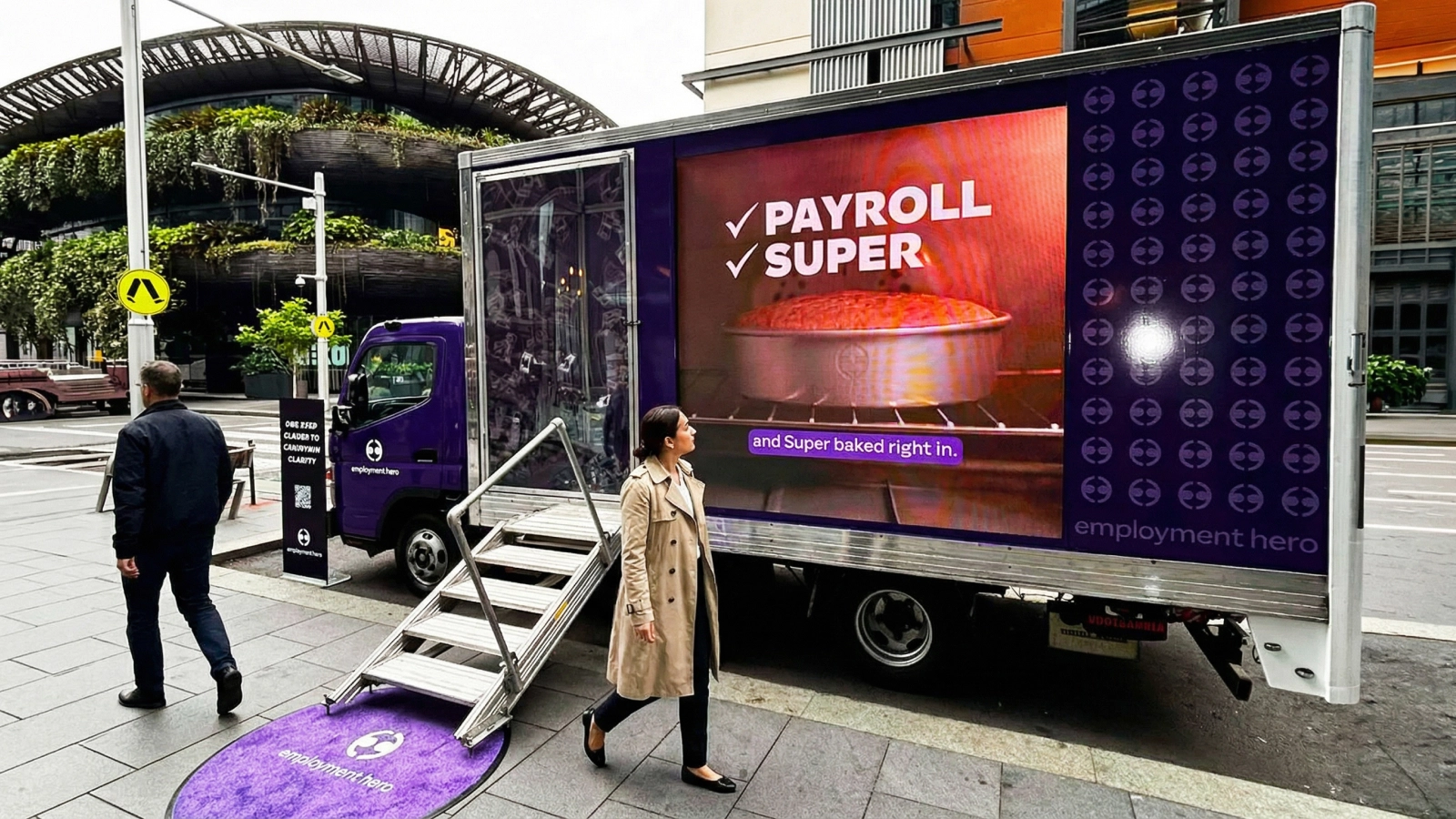Angel investor and product expert Vinko Grgic shares his observations on the future of work – and why going with disruption is key.
Vinko Grgic will be the first to tell you he has no formal education or training in the field in which he’s built a career – he started as an Officer Cadet in the Australian Defence Force, before completing a Masters of Architecture and working as an architect for afew years.
He’ll also be the first to disclaim that when it comes to the future of work and venture capitalism, he has no idea where things are headed. But if you’re fortunate enough to nab 30 minutes of Grgic’s time, he’ll proceed to drop some pretty insightful observations, reflections and predictions; if Grgic can’t claim certainty, he certainly has a pretty good feel for the direction in which things are headed, and how best to ride the waves of disruption, which are growing closer and closer together.
Currently the Head of Product at early-stage startup group investment platform Aussie Angels, Grgic has always been oriented around the end customer, and the ways in which products and systems can be of value to them. Having been one of the first employees at Jayride, a VC-backed startup which he played a critical role in building from ground floor to IPO, Grgic’s “obsession” with the customer has yielded results for the companies he’s worked with time and time again.
“Our job is to actually build companies and actually build products. But the more time you spend with the customer – the more time you spend with the problem – you’ll naturally just know what to do,” he says.
Here, Grgic shares some thoughts on the future of work, from when to invest in humans over AI, to how to approach early-stage investing when, as he puts it, “the pace of disruption is ridiculous.”
“I think right now would be a terrible time to keep doing things the same way you’ve always done them.”
“I think that the arrival of AI, it’s much, much larger than the advent of ‘we didn’t use computers for work and now we use computers for work’. It’s larger because it’s exponentially different,” says Grgic. Obvious differences aside, Grgic points out that one of the most profound adjustments to come with the AI revolution is the amount of time we have to adapt to new tech and stabilize operations before the next advancement comes along.
“As we learn how to use AI, things will become more stable. But I don’t think they’ll ever be static again,” he says.
“If you want to maintain a presence in the future of work and future of business and ventures, I think the only wrong decision you can make at the moment would be to say: ‘I’m just gonna keep doing things the same way. I’m not gonna push myself to get uncomfortable and be humble and just figure it out – everyone’s guessing at the moment. But if you’re sitting in your office and you’re saying, ‘I’m not going to touch AI’, that’s fine – but you’re actually clocking out of the future.”
Don’t throw people on the pile, place them where they will do best
Depending on your company’s pressure to grow, Grgic is of the opinion that in the current climate, adding more and more people to your workforce isn’t the answer. “It wouldn’t be wise to just throw people on the pile, because we don’t really know the shape of the pile,” he acknowledges. Instead, given the pace of change, spending money on AI tooling and education for developers – rather than simply hiring new developers – could be the most intelligent move.
Rather, it’s about placing people in roles where people skills are needed. “People still want to have relationships with people. Even though you could probably solve all of your problems with technology, it wouldn’t feel great,” he remarks. “Especially if you’re in the sales side of the business and you’ve got a portfolio of customers.”
“We are biological creatures, so I don’t think we should ignore that. The part of me that’s really excited about what this technology means is that as humans, it will give us the opportunity to focus on the things that are truly, uniquely within our value and our satisfaction. Emotions stuff. Soft skills. Those are the things we can do better, verses being really great at synthesising an enormous amount of data – obviously, tech is going to be better at that.”
It’s not just ‘What is the business?’ It’s, ‘Who are the founders?’
Speed of disruption right now is so rife, new products and platforms replacing incumbents every few months. When it comes to investing, Grgic recommends early-stage investors back founders they believe in, just as much (and if not more) than the company itself.
“When I think about impact investing, one of the things that I think about is not just ‘What is the business?’, but ‘Who are the founders?” he shares. “Because in venture, we’re used to setting valuations on the future potential of a company.”
“But because of the current speed of disruption, I find it hard to understand how [the future] is going to play out. If you’re investing in a company today at a $20 million valuation and it’s barely even got a product out, you’re really riding on: ‘I hope that in seven to 10 years from now, this will be a billion dollar company’. And how do you do that, when businesses are completely ripe for disruption every six months?”
If you invest in people – a founder with a vision you believe in – not only are you backing a company or product. You’re placing your money with someone who, despite the disruptions that come our way, you trust to adapt, evolve and figure it out.
“We need to figure out how to do better”
When it comes to the value AI can add to business and how we can use it to be more productive, Grgic breaks the business ecosystem into three layers. On top: “Those really high performing, innovative, elite companies – those that are investing in infrastructure, for example – big picture stuff.”
The next level down, the one required for those high-performing businesses to function, is the businesses that create AI tools for people. “Making sure that those companies have the tools to optimise their people’s ability to perform within the company,” he says.
But the biggest hurdle to the successful facilitation of this is education. “Because in order to really accelerate our path forward, we need to make sure the current people, resources and systems we have are optimised.”
For Grgic, looking at business and investing through this lens has been a personal theme throughout his career and venture journey. “But I think looking at things this way is true regardless, right? Educating our people how to use the tools at their disposal, whether it’s before or after AI, it doesn’t really matter.”


























